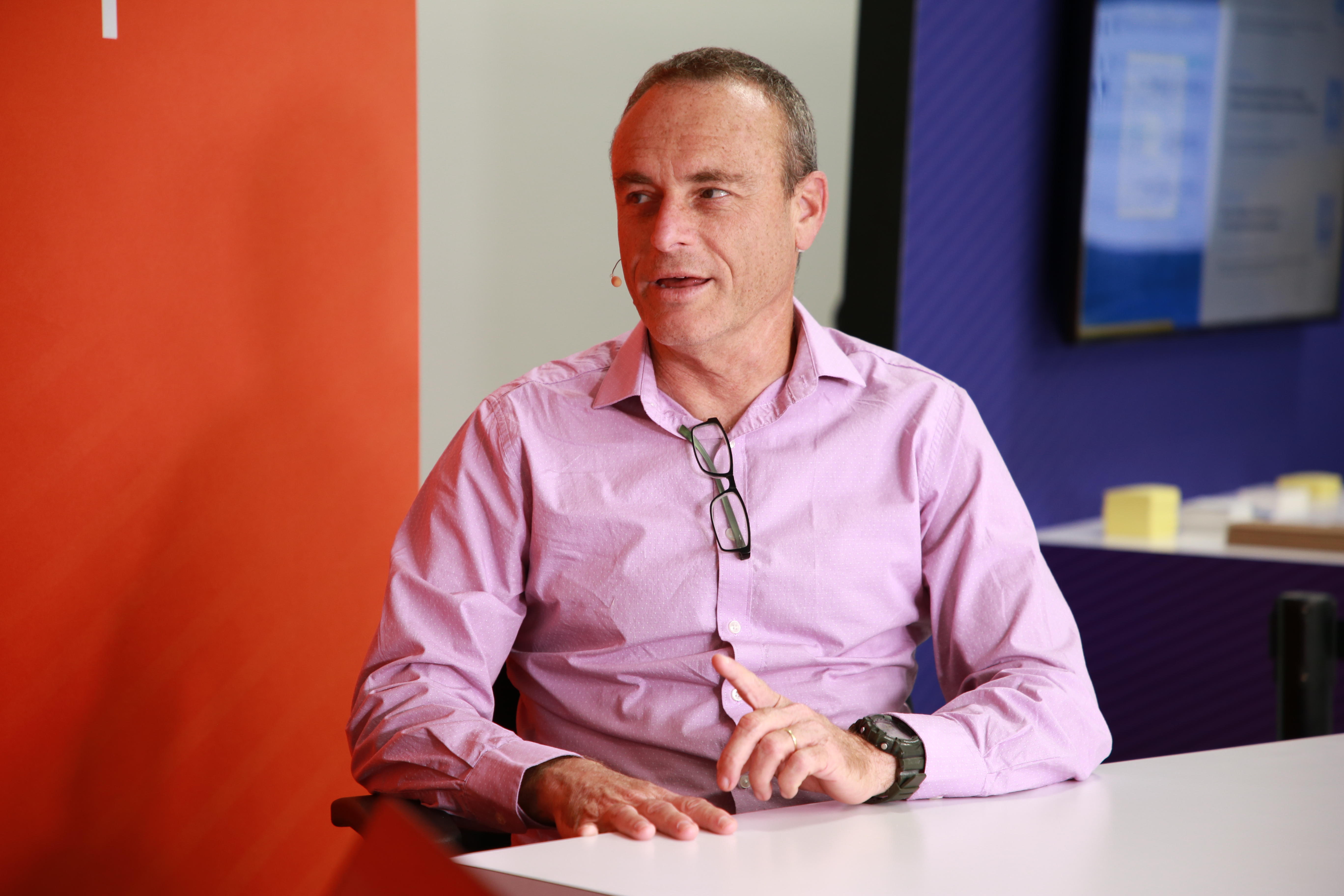 AI
AI
 AI
AI
 AI
AI
One of the thorniest data problems is in healthcare, and MDClone Ltd. believes it has found the solution with synthetic data.
Any tech company working with healthcare has to manage large amounts of unorganized data while navigating Protected Health Information or medical records. Synthetic data evades the latter issue.

MDClone’s Luz Erez talks with theCUBE about the company’s partnership with Cloudera.
“We had to invent or build for ourselves something called synthetic data,” said Luz Erez (pictured), chief technology officer of MDClone. “Synthetic data, what it’s doing is mixing patients so there is no one-to-one relationship between the original data and the data that you get. In the end, it is PHI-free, but any statistics that you’ll do in it will be almost always correct. We’ve built this, and now we are provisioning this platform. You don’t need an [institutional review board]. You don’t need to know programming. You ask a question [and it ‘s] quite natural. You get data. It’s synthetic, so you can bring it to someone else.”
Erez spoke with theCUBE Research’s Bob Laliberte and co-host Rebecca Knight at the Cloudera Evolve24 event during an exclusive broadcast on theCUBE, SiliconANGLE Media’s livestreaming studio. They discussed the benefits of synthetic data and incorporating artificial intelligence into healthcare in partnership with Cloudera Inc. (* Disclosure below.)
There would be no MDClone without Cloudera, Erez claims. Their partnership allows MDClone to work on-premises — essential for healthcare organizations that do not want to give their data to the cloud — and to scale its data.
“Just an example, we had a Log4J security breach,” Erez explained. “If we weren’t using Cloudera and we’d built our own stack from scratch, we [would] have to go to each one of those components and make sure, and then we [would] have to reinstall for all our clients. It is a local installation, very heavy. We pick up to Cloudera … then, the next morning, we have [an] installation package that we can deploy for our clients.”
Synthetic data has become crucial for generative AI, protecting patient information while still allowing AI to produce accurate results. Consolidating all of the data is also a necessary step for MDClone’s biggest clients, such as the National Institute of Health, according to Erez.
“We call it weight matrix,” he said. “Weight matrix are the holder of information and consolidated in one place. So, we give these capabilities using hybrid … moving it to a hybrid centralized solution that will gather the information from multiple sources. We have a very good product today that does this, and the [Food and Drug Administration and the National Institute of Health] … there are multiple uses for this because there are so many use cases.”
Here’s the complete video interview, part of SiliconANGLE’s and theCUBE Research’s coverage of the Cloudera Evolve24 event:
(* Disclosure: Cloudera Inc. sponsored this segment of theCUBE. Neither Cloudera nor other sponsors have editorial control over content on theCUBE or SiliconANGLE.)
THANK YOU